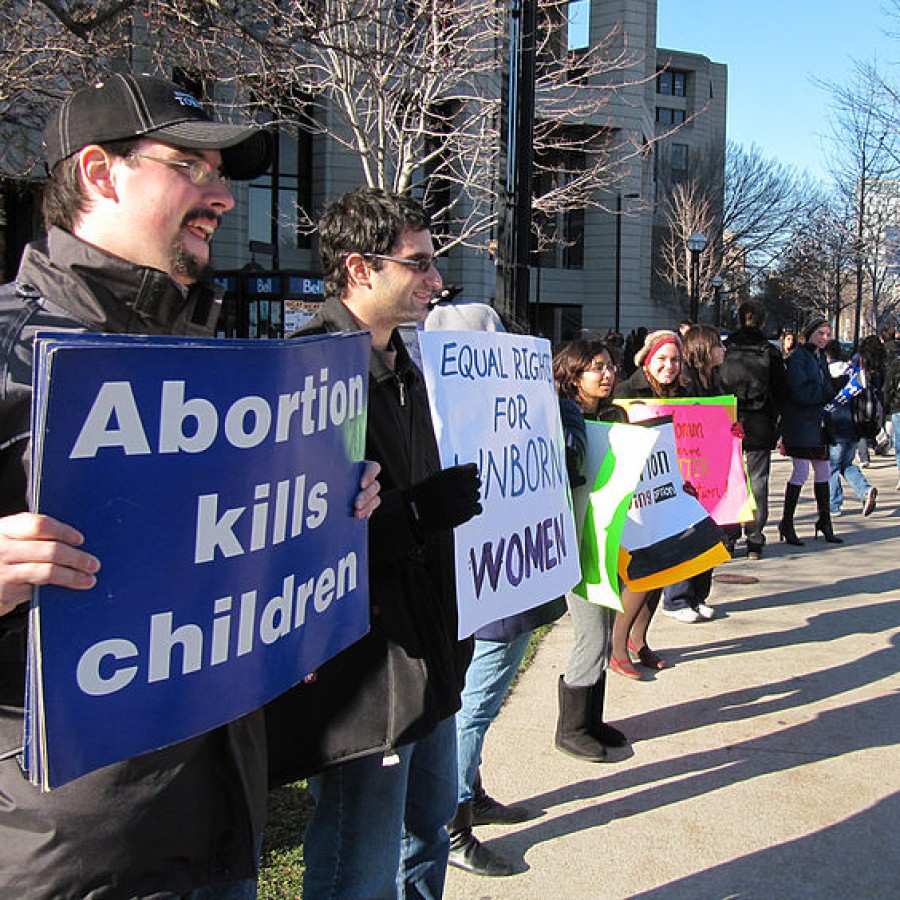The Irish government has decided to hold a national referendum on May 25, regarding the Eighth Amendment of the Irish Constitution: “The states acknowledges the right to life of the unborn and, with due regard to the equal right to life of the mother, guarantees in its laws to respect, and as far as practicable, by its laws to defend and vindicate that right.”
The voters in the referendum will be asked if they want to repeal the Eighth Amendment. The ban on abortions is taken very seriously. According to NBC News, the Protection of Life During Pregnancy Act set the maximum prison sentence for getting an illegal abortion at 14 years. Siobhan Donohue, whose unborn child was diagnosed with anencephaly 20 weeks into the pregnancy, told NBC News, “It felt like we’d been sent out of our country, we’d been told go somewhere else if you want to do this…It was a very isolating experience, a very lonely journey.”
NBC News reports that 3,265 women travelled to England or Wales to terminate their pregnancies in 2016. Paul Bruun-Nielsen told the New York Times “Fundamentally, this is a class issue. Those who can afford to travel to the U.K., which includes related expenses like taking time off work or post-procedure counseling services, have full access to safe abortions. The Eighth Amendment to our constitution merely penalizes the poor rather than protecting life in any meaningful sense. It offers choice to the few, not the many. It dictates morality to the many, not the few.
New York Times reports that the Prime Minister of Ireland, Leo Varadkar, has confirmed that the minister of health is preparing legislation to allow unrestricted access to abortion until the 12th week of pregnancy, and later in cases of rape or incest. According to the New York Times, Varadkar said “I don’t think we can persist with a situation where women in crisis are risking their lives for the use of unregulated medicines…and I don’t believe the Constitution is the place for making absolute statements about medical, moral and legal issues.










